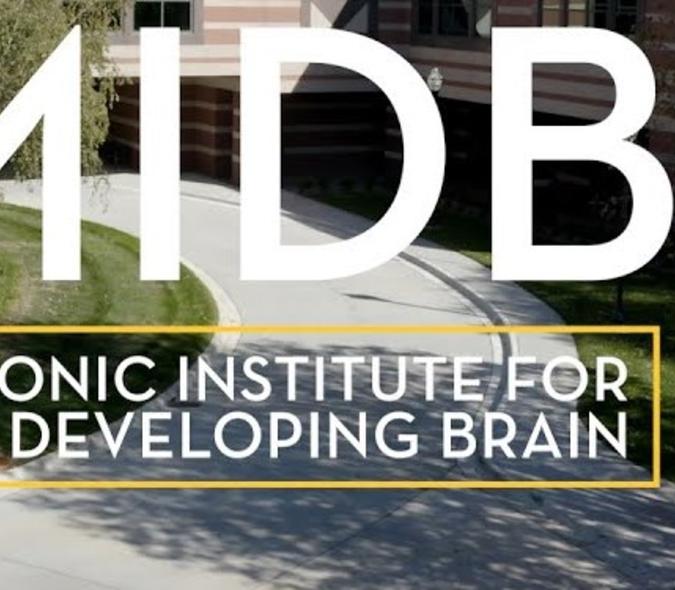
Foundational study identifying biomarkers that could aid in early detection of suicide in adolescents
Associate Professor Kathryn Cullen, MD, of the Department of Psychiatry and Behavioral Sciences, is co-Principal Investigator with Assistant Professor Mark Fiecas, PhD, in the Division of Biostatistics of the U’s School of Public Health, on a study funded by the National Institutes of Health that she believes will improve the understanding of the neurodevelopmental precursors to depression, self-harm, and suicidal thoughts in adolescents. These are all risk factors for dying from suicide, the second leading cause of death in adolescents in the United States.
Additional co-investigators include Associate Professor Bryon Mueller, PhD, from Psychiatry and Behavioral Sciences, along with Associate Professor Bonnie Klimes-Dougan, PhD; and Professor Monica Luciana, PhD; from the Psychology Department in the College of Liberal Arts.

For their study, Developmental Trajectories of Brain Network Strength and Flexibility: Relationship to Risk, Onset and Course of Depression and Self-Harm in Youth, Cullen and Fiecas (pictured at left) are analyzing neuroimaging data from a large, nationwide study titled, Adolescent Brain Cognitive Development. Otherwise known as the ABCD Study, it is following more than 11,000 children annually for 10 years. Clinical data (taken every year) from the first and second years of the study are already available; neuroimaging data (taken every two years) are available from the first year.
Developmental underpinnings
“For a long time, I’ve been interested in the developmental underpinnings of depression in adolescents,” Cullen explained. “The ABCD study gives us an excellent opportunity to study those underpinnings because the kids enter the study at age 9 or 10 and are evaluated every year.”
According to the proposal for Cullen and Fiecas’ study, Brain networks implicated in depression (frontal-limbic threat, cortico-striatal approach/reward and default mode) undergo significant change during childhood and adolescence; the manner in which these changes unfold may be critical to understanding the onset and course of depression and suicide risk.
Strength and flexibility of brain networks
“We’re analyzing the ABCD study resting state functional MRI data in multiple ways to learn different things about brain networks,” Cullen said. “The more traditional way is to measure how different parts of the brain synchronize, which tells us the strength of their connections. We can measure change in brain connection strength across adolescence and see how a deviation from a normal trajectory relates to depression, self-injury, and suicide attempts.”

In addition to looking at brain connectivity, Cullen (pictured at left) and her research team are using novel methods to assess flexibility in brain networks in this data. “First, the entropy of brain signals tells us about complexity and can provide an index of neural flexibility. Second, dynamic functional connectivity analyses measure how brain network configurations change over time, from minute to minute,” explained Cullen. “We can measure how frequently the brain switches between states, another indication of flexibility. Together, these measures could help us understand how those with depression and suicide risk tend to get stuck in negative thinking.”
Cullen and her team are most interested in how measures of brain network strength and flexibility change over time across adolescence. “We want to characterize the developmental trajectory of those markers and see if they’re related to depression and suicide ideation,” said Cullen. “This is foundational research to help us understanding what’s happening.”
Integrating the data
The team will study the ABCD data for four years. “As we continue to study it, more questions will arise and there will be additional ways to analyze the data, especially as more longitudinal data are available,” Cullen said. “And we could integrate the many different types of data in the dataset. That’s the exciting thing about being funded for a project like this, you have a bit of space within which to work on something and to generate ideas.”
Cullen added that new insights from the study will provide the foundation for designing personalized interventions to facilitate early detection of depression and suicide risk, and to guide interventions capable of restoring healthy brain development and averting serious negative outcomes, including suicide.



